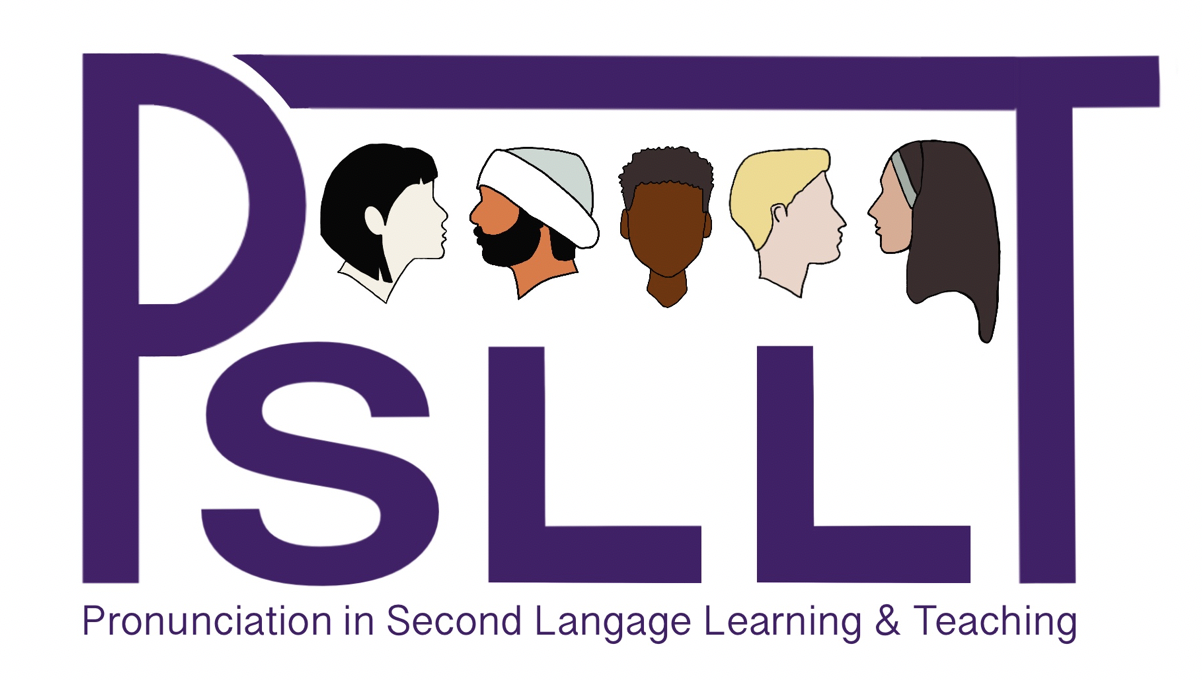Corrective Feedback on Arabic Pronunciation: Teacher Beliefs and Practices
Abstract
Pronunciation research has recently focused on investigating teacher beliefs and classroom practices of English and other language instructors. Yet few studies have explored teacher beliefs about pronunciation feedback for learners of Semitic languages. This study aimed to explore Arabic teacher cognitions of corrective feedback (CF) on pronunciation errors and their classroom practices. Data were collected from teachers of Arabic using two different tasks: semi-structured interviews (n=10) and classroom observations (n=5). The results demonstrated that all teachers believed in the significance of CF in improving the comprehensibility of learners' speech. Observations also showed that teachers used both explicit and implicit feedback techniques such as explicit metalinguistic information, and implicit recast to correct learners' pronunciation of individual phonemes. Comparing teachers' stated beliefs and teaching practices revealed some differences that reflect teachers' relative lack of awareness of the amount and types of CF they tend to provide.
Keywords: Arabic, teacher beliefs, class observation, corrective feedback, pronunciation instruction
How to Cite:
Shehata, A. (2023). Corrective Feedback on Arabic Pronunciation: Teacher Beliefs and Practices. In R. I. Thomson, T. M. Derwing, J. M. Levis, & K. Hiebert (Eds.), Proceedings of the 13th Pronunciation in Second Language Learning and Teaching Conference, held June 2022 at Brock University, St. Catharines, ON. doi: https://doi.org/10.31274/psllt.15714
Downloads:
Download PDF
View PDF

